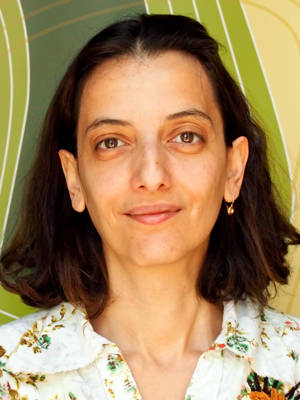The role of civil society actors in ethno-political conflicts. The European Union has identified peace-making, the respect for human rights and the development of civil society as key priorities in its external relations. Non-governmental actors have become key players in ethno-political conflicts, both as violators and as promoters of human rights. This has been facilitated by the transformation of these conflicts, increasingly characterised by high intensity in intra-border ethno-religious tensions and strong international appeal to human rights protection. Yet neither have the precise inter-relationships underpinning the human rights-civil society-conflict nexus been fully understood, nor has the potential complementarity between non-governmental and EU actors been sufficiently explored.
SHUR’s overall objective is thus to analyse the impact of civil society on ethno-political conflicts through human rights, and to identify the means to strengthen the complementary actions of civil society and EU actors. It does so by analysing four case studies in the European neighbourhood: Bosnia-Herzegovina, Cyprus, Turkey-Kurds, and Israel-Palestine. Through the comparative examination of these cases, Shur will draw-up policy guidelines tailored to governmental and non-governmental civil society action.
SHUR is a Specific Targeted Research Project-STREP (July 2006-June 2009) funded by the Sixth Framework Programme-FP6 of the European Commission (contract number CIT5-CT-2006-028815
Project Leaders: Ayla Gurel and Olga Demetriou
Project Homepage: http://www.luiss.it/shur/
This is an EU Sixth Framework project, co-ordinated by the Luiss University, Rome, with PRIO's researchers focusing on Bosnia-Herzegovina, the Kurds, Palestine and Cyprus.









